First published on 03 July 2021. Updated on 3 August 2024
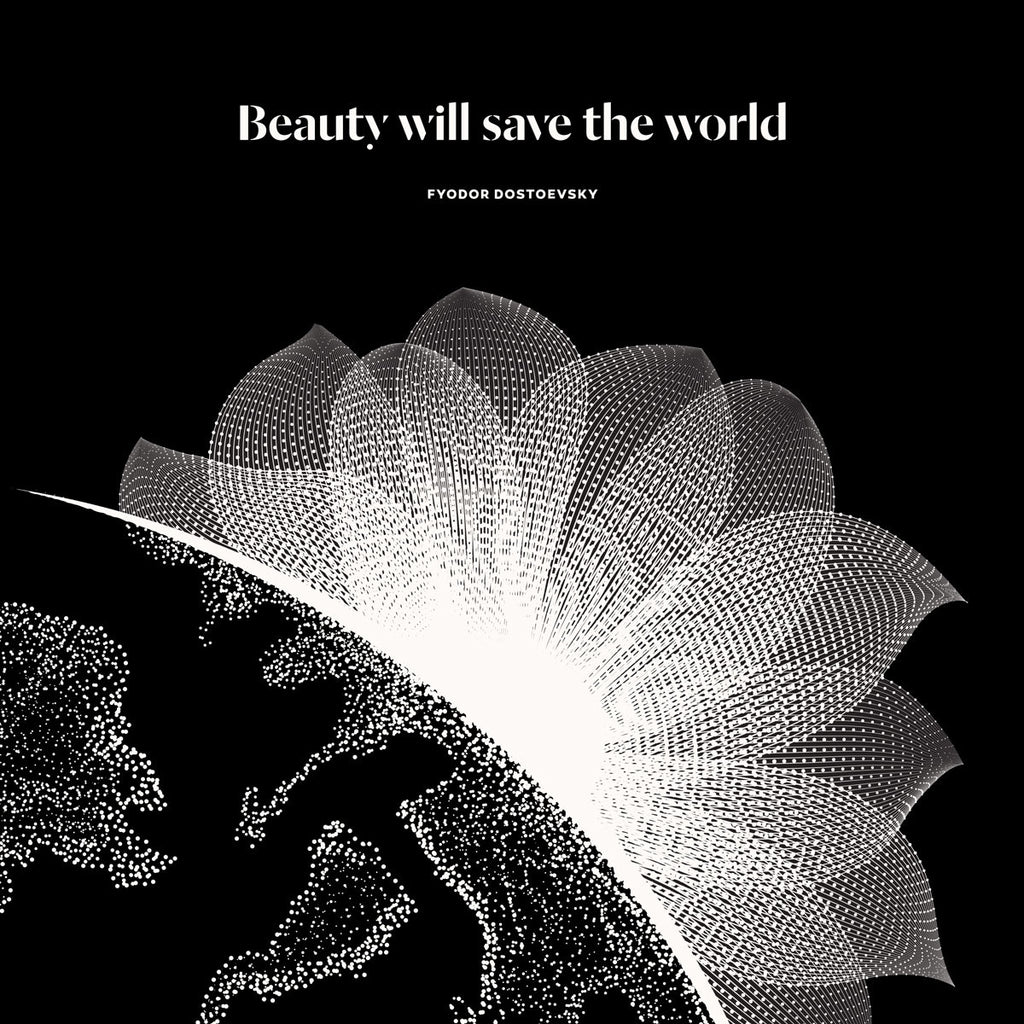
"beauty” transcends aesthetics, and is what inspires the best in us, our aspirations for what is good and true,
and what connects us to each other'.- Photo and caption credit: HERE
What is ‘beauty’? What is beautiful? Why are we attracted to beautiful things and what makes them beautiful? Can beauty heal us? Can beauty save the world?
In this essay my main aim is to look at ‘beauty’ and see how it may enable us to get closer to the story of creation, and our lives in it. In this story, I seek to be more informed on how beauty may convey a sense of the sacred, pointing us toward the truth, love and how it may inspire us to be good and act in the interest of goodness.
‘Among the many various literary and artistic pursuits which invigorate men's minds, the strongest affection and utmost zeal should, I think, promote the studies concerned with the most beautiful objects, most deserving to be known.’- Nicolaus Copernicus (1473–1543) in De revolutionibus Orbium Caelestium (On the Revolutions of the Heavenly Spheres)
In his last book, Beauty, O’Donohue exquisitely stated:
“The human soul is hungry for beauty: we seek it everywhere – in landscape, music, art, clothes, furniture, gardening, companionship, love, religion and in ourselves. When we desire the Beautiful, there is a sense of homecoming. Some of our most wonderful memories are of beautiful places where we felt immediately at home. We feel most alive in the presence of the Beautiful for it meets the needs of our soul. For a while the strains of struggle and endurance are relieved and our frailty is illumined by a different light in which we come to glimpse behind the shudder of appearances the sure form of things. In the experience we awaken and surrender in the same act. ”-See alsoThe World Needs More Beauty
In short, ‘Beauty is the first thing we notice and love. It is the ambassador, or the sales representative, for truth and goodness. That’s why Dostoevsky said it would save the world.’- Peter Kreeft, professor of philosophy at Boston College.
Beauty as Manifestation of the Divine: A Brief Introduction
Disturbed and confused by the rapidly changing pace of life in this modern, gadget, IT driven and controlled living and existence, beauty is still as much an expression of the Divine as anything else that wants to replace it. Beauty is not on the palm of our hands, on our mobile phones and the so-called social media, its rightful place has always been in our hearts.
“The only lasting beauty is the beauty of the heart.” “That which God said to the rose, and caused it to laugh in full-blown beauty, He said to my heart, and made it a hundred times more beautiful.” “Lovers find secret places inside this violent world where they make transactions with beauty,” wrote the Persian sage, poet, and the philosopher of love, Rumi.
William Wordsworth, the most persuasive of all environmentalists, and one of the foremost poets of the Romantic era, eloquently captures the profound essence of nature as manifestation of beauty in his timeless works. Throughout his poetry, Wordsworth celebrates the sublime beauty of the natural world, portraying it as a source of inspiration, solace, and spiritual renewal. His deep reverence for nature is evident in poems such as "I Wandered Lonely as a Cloud," where he explores the interconnectedness between beauty, humanity, ecology, and the environment, depicting nature as a source of joy and inspiration. The poem captures the transcendent power of the natural world to uplift the human soul and evoke feelings of transcendent beauty.
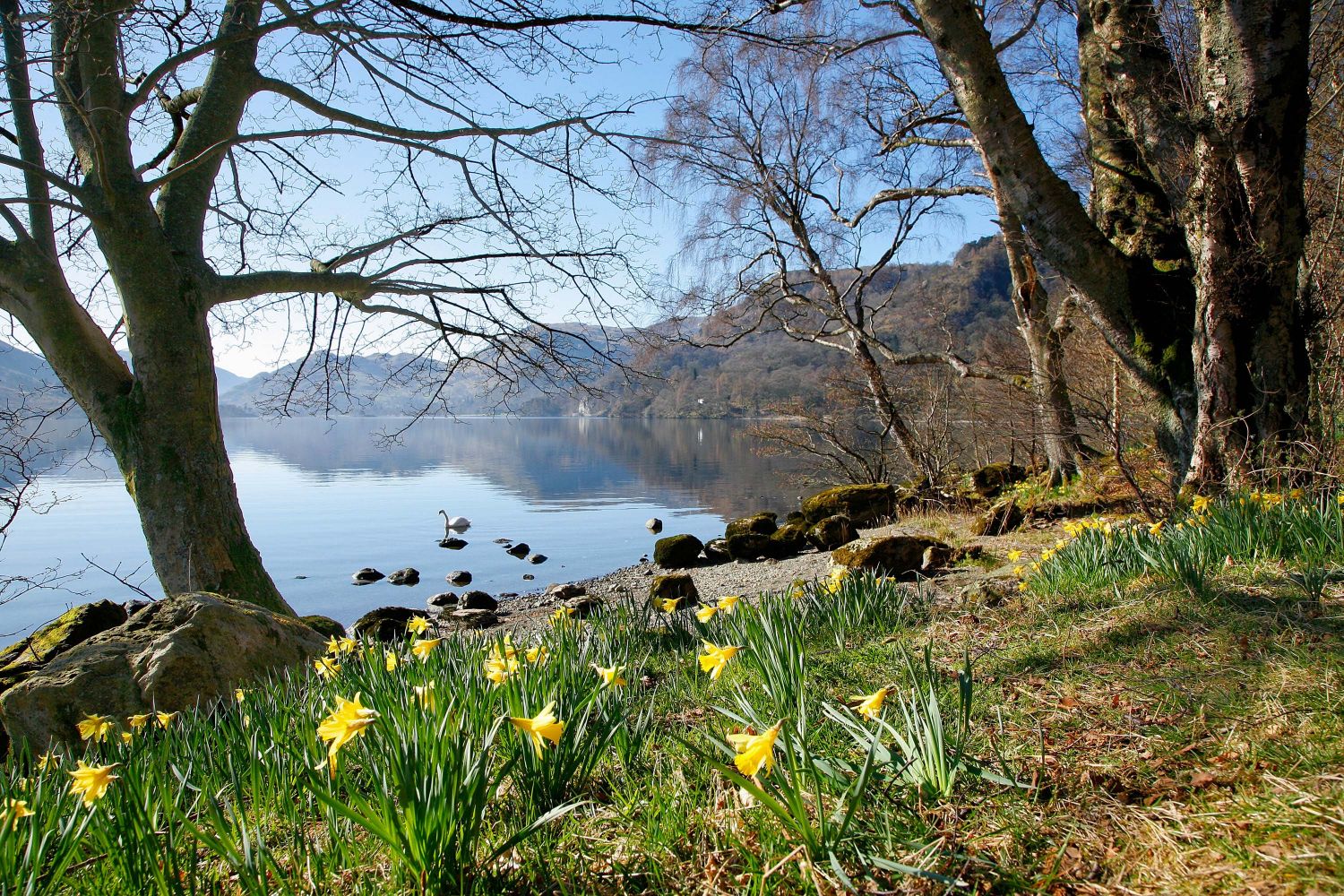
Daffodils At Wordsworth Point, Ullswater. Photo credit: Martin Lawrence Photography
'I Wandered Lonely as a Cloud
I wandered lonely as a cloud
That floats on high o'er vales and hills,
When all at once I saw a crowd,
A host, of golden daffodils;
Beside the lake, beneath the trees,
Fluttering and dancing in the breeze.
Continuous as the stars that shine
And twinkle on the milky way,
They stretched in never-ending line
Along the margin of a bay:
Ten thousand saw I at a glance,
Tossing their heads in sprightly dance.
The waves beside them danced; but they
Out-did the sparkling waves in glee:
A poet could not but be gay,
In such a jocund company:
I gazed—and gazed—but little thought
What wealth the show to me had brought:
For oft, when on my couch I lie
In vacant or in pensive mood,
They flash upon that inward eye
Which is the bliss of solitude;
And then my heart with pleasure fills,
And dances with the daffodils.'
Another Romantic era English poet, John Keats was one of literature’s great beauty obsessives. He coined some of the best-known quotes on beauty: “Beauty is truth, truth beauty, that is all,” as he concludes in his 1819 work Ode on a Grecian Urn. There’s also the opening line of his earlier poem Endymion: “A thing of beauty is a joy forever.”
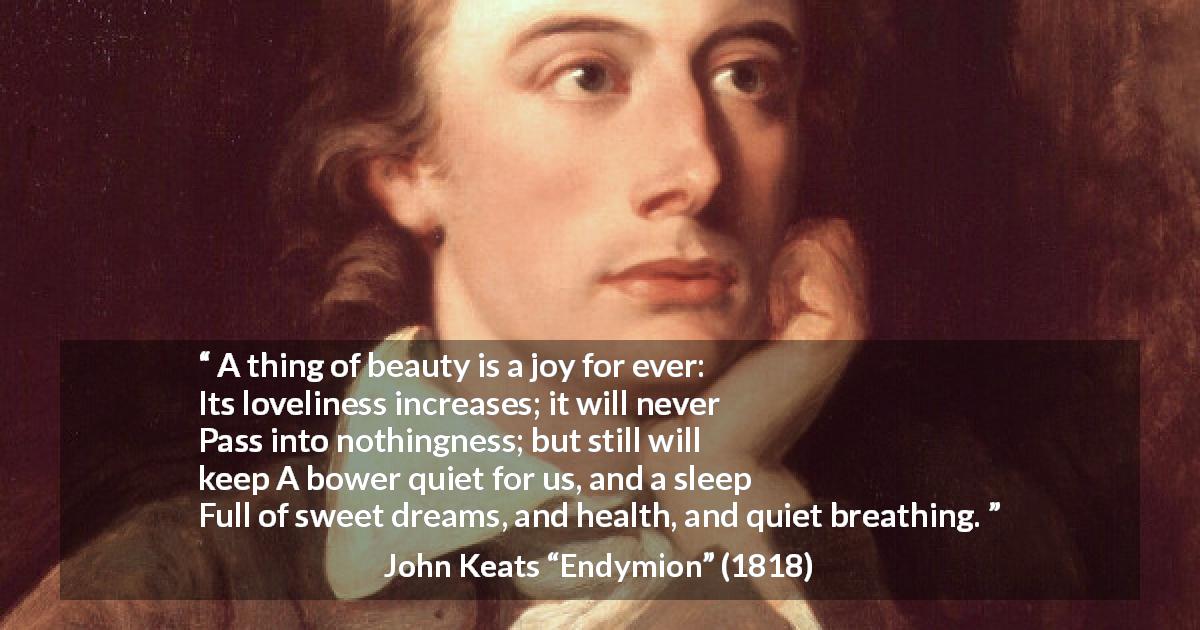
Photo credit: Kwize
Plato taught that being moved by earthly beauty is effectively a portal to contemplation of the “absolute beauty” of the Divine. He explained this beautifully in the Symposium:
“The right way of approaching… the mysteries of love, [is] to begin with examples of beauty in this world, and [use] them as steps to ascend continually with that absolute beauty as one's aim, from one instance of physical beauty to two and from two to all, then from physical beauty to moral beauty, and from moral beauty to the beauty of knowledge, until… one arrives at the supreme knowledge whose sole object is that absolute beauty, and knows at last what absolute beauty is.”
The 20th century Swiss philosopher and theologian, Hans Urs von Balthasar, spent a lifetime considering just such an approach to God. In his Theological Aesthetics, he postulated that “Beauty,” was on par with Goodness and Truth.
“Beauty…. dances as an uncontained splendor around the double constellation of the true and the good and their inseparable relation to one another… Our situation today shows that beauty demands for itself at least as much courage and decision as do truth and goodness, and she will not allow herself to be separated and banned from her two sisters …We can be sure that whoever sneers at her name … can no longer pray and soon will no longer be able to love.”
Beauty will save the world
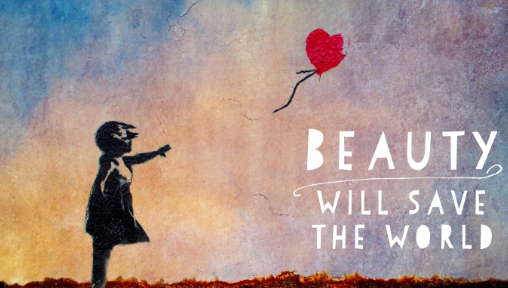
Photo: Twitter
N.B. Not long ago, a few months back, I posted an article under the title ‘Detaching Nature from Economics is ‘Burning the Library of Life’. I would like to recall a couple of passages from it, refreshing and focusing our minds on what I am about to share with you.
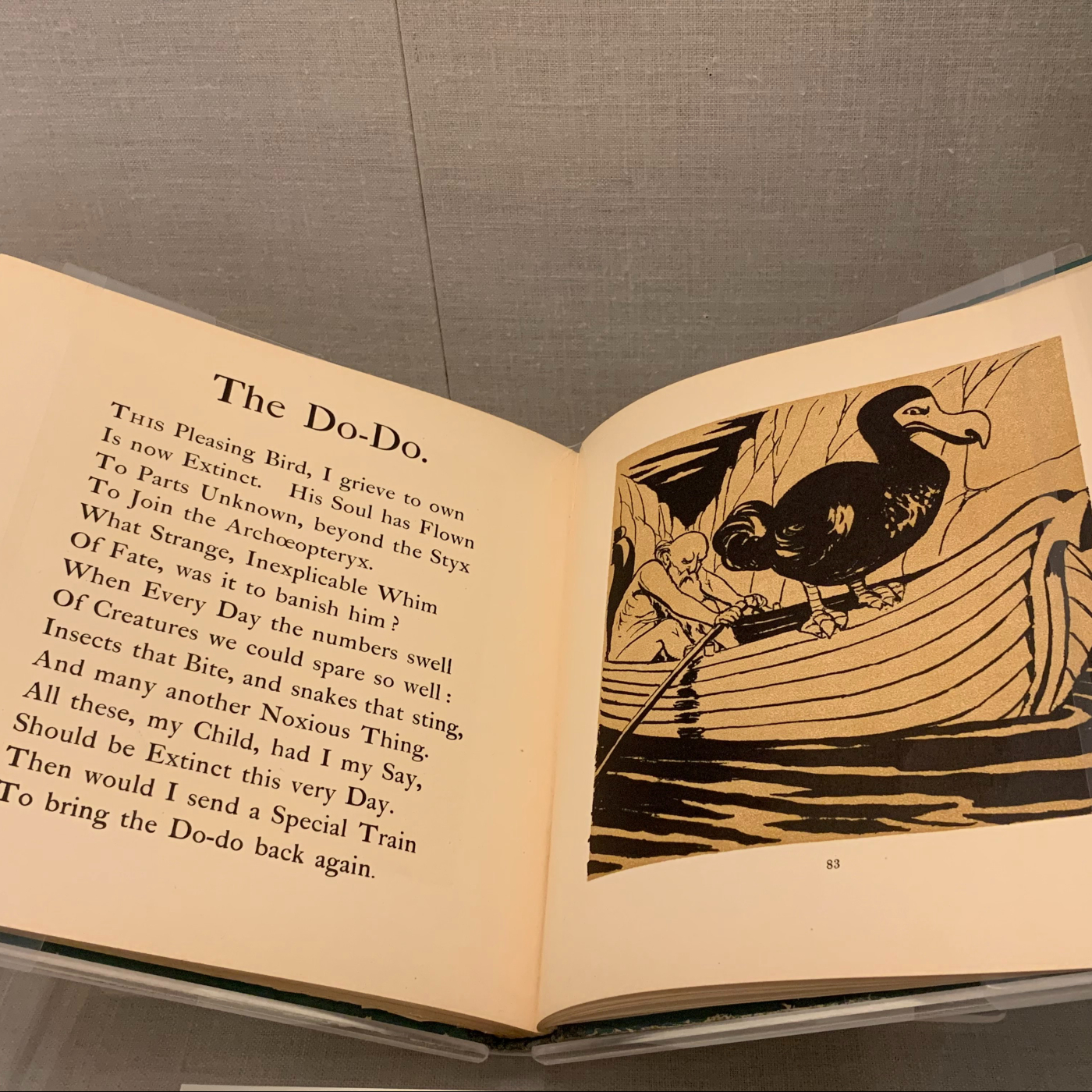
David Quammen’s The Song of the Dodo deploys silence as a sign of something amiss in the world around us:
‘We are facing a global crisis. We are totally dependent upon the natural world. It supplies us with every oxygen-laden breath we take and every mouthful of food we eat. But we are currently damaging it so profoundly that many of its natural systems are now on the verge of breakdown. Every other animal living on this planet, of course, is similarly dependent. But in one crucial way, we are different. We can change not just the numbers, but the very anatomy of the animals and plants that live around us. We acquired that ability, doubtless almost unconsciously, some ten thousand years ago, when we had ceased wandering and built settlements for ourselves. It was then that we started to modify other animals and plants…
‘Economics is a discipline that shapes decisions of the utmost consequence, and so matters to us all. The Dasgupta Review at last puts biodiversity at its core and provides the compass that we urgently need. In doing so, it shows us how, by bringing economics and ecology together, we can help save the natural world at what may be the last minute- and in doing so, save ourselves.’...Detaching Nature from Economics is ‘Burning the Library of Life’
Today, whilst researching this topic further, I came across a very interesting and timeless article by a fellow Canadian academic, which truly captured my eyes and imagination. I began to read. It was music to my ears. It very much resonated with me. The more I read, the more I realised that I could not improve it.
I believe it can indeed be an excellent follow-up to my own piece, noted above.
So there you have it: ‘Beauty Will Save the World’, by Prof. Heather Eaton, Saint Paul University, Ottawa, Canada/Via Counterpoint, 30 June 2021
Beauty Will Save the World
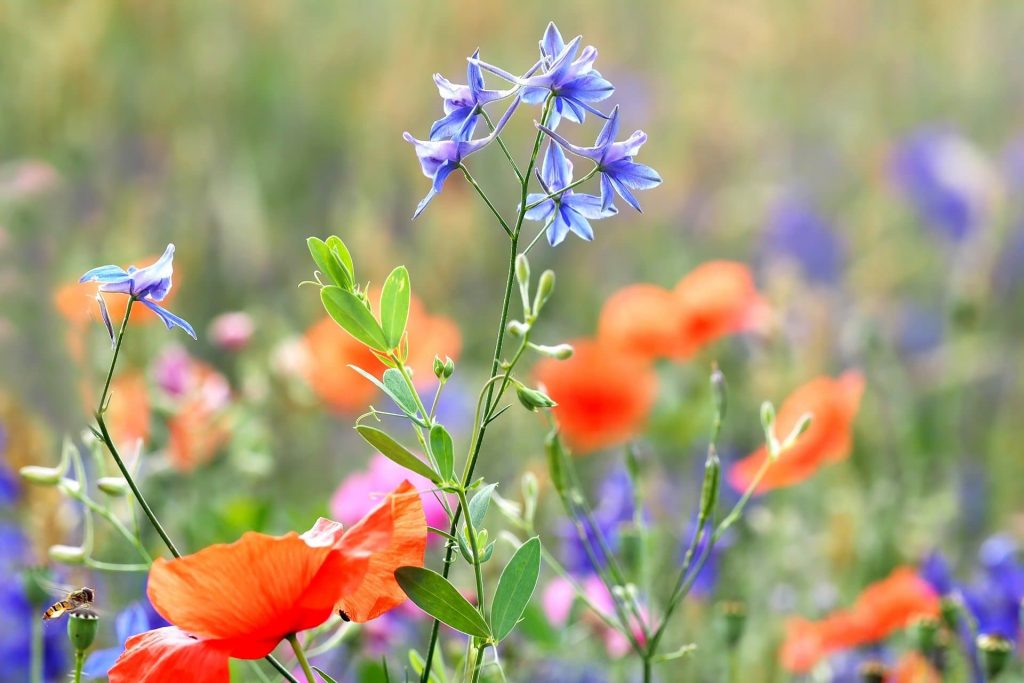
‘The official birth flowers for July are larkspurs, signifying happiness and love.’
Picture credit and more: My Poem of the Month: July is the Month Happiness, Purity, Beauty and Creation
‘This famous and much discussed phrase from Prince Lev Nikolyaevich Myshkin in Fyodor Dostoyevsky’s The Idiot is that beauty will save the world. Alexander Solzhenitsyn wrestled with the enigmatic idea in his Nobel Prize acceptance speech in 1970. It is the title of numerous books and articles on classical art, theological/religious aesthetics, and the natural world. Many are mesmerized with this phrase, idea, image, or desire. Beauty will save the world. Hard to believe, yet is an intriguing union of ethics and aesthetics.
‘My interest here is not about art, philosophy, or religions. It is not particularly lofty. It is about beauty, mostly in the natural world, and how it transforms the self. Throughout my life, from a young child to now, (just a few years) the intricacies of nature—the incredible presence(s), and dazzling, deep, vibrant, and dynamic beauty—have often seized my attention and time. I have had remarkable, profound, and transformative experiences within nature. I have trekked to mountain vistas, caves, canyons, and waterways; sailed for weeks in the wind, waves, and silence of the Atlantic ocean; watched whales and swam with sharks; studied elephants in South Africa, Botswana, and Kenya; camped in the African bush and Canadian forests; and canoed wilderness waterways. I am acutely cognisant of these incredible privileges. Further, such experiences are the energy, and companions, and often reasons, that have propelled and sustained over thirty years of environmental work.
‘Of course there are terrifying, exhilarating, demanding, and dreadful experiences of the natural world. Many lives are filled with endless effort to survive, and now, on a diminished planet. Climate change is inducing fires, drought, storms, and immeasurable losses; countless ecosystems and species are struggling to adapt, or just live. It is difficult to offer a reflection about beauty, and how beauty is transformative, without seeming to be callous and uncritical of privilege, or oblivious to ecological stress and anthropogenic climate change. But, in one sense, that is the point of this reflection: to remind us that there is sublime beauty, usually not far, and it can be restorative, or at least offer reprieve or respite.
‘Like many others, my last year has been lived very locally. Attending to this locus vitae (local life) has expanded and strengthened my interest in the claim that beauty will save the world. Where I live (Ottawa, Canada), the seasons are distinct and authoritative, from -40 (C/F) to +40 C (104 F). People have been unable to travel far during COVID times, with severe long-term lockdowns in most of Canada. The consequences are that the outdoor spaces have been overrun with new nature lovers (interfering in the solace of those who savour the quiet). Yet, it is noteworthy that people are ‘discovering’ the natural world. A further discovery, for many, is that birds exist. Birdwatching has become an epidemic, one could say. I too succumbed to birdwatching, with now four feeders in my (small) backyard. And they came: songbirds, flocking birds and couples, solitary Blue Jays, and the bullies—Grackles and Starlings. Another COVID induced outbreak has been backyard and balcony gardening. I also try to grow flowers that provide gorgeous colors and scents, in addition to their ecosystem duties. This brings with it a renewed awareness of the balm of beauty and the vitality of the locus vitae.
‘What is required is attentiveness, quiet, discretion, and observation. Nature is never static. Life is animate. Colours dance from sunrise to sunset. Vegetation bends with the wind. Flowers develop from germination to blossoming to regeneration, always on the move. Birds flit. They are private and uninterested in humans, as are many—most—other species. Insects are busy…’-Continue to read
Related Posts from our GCGI Archive
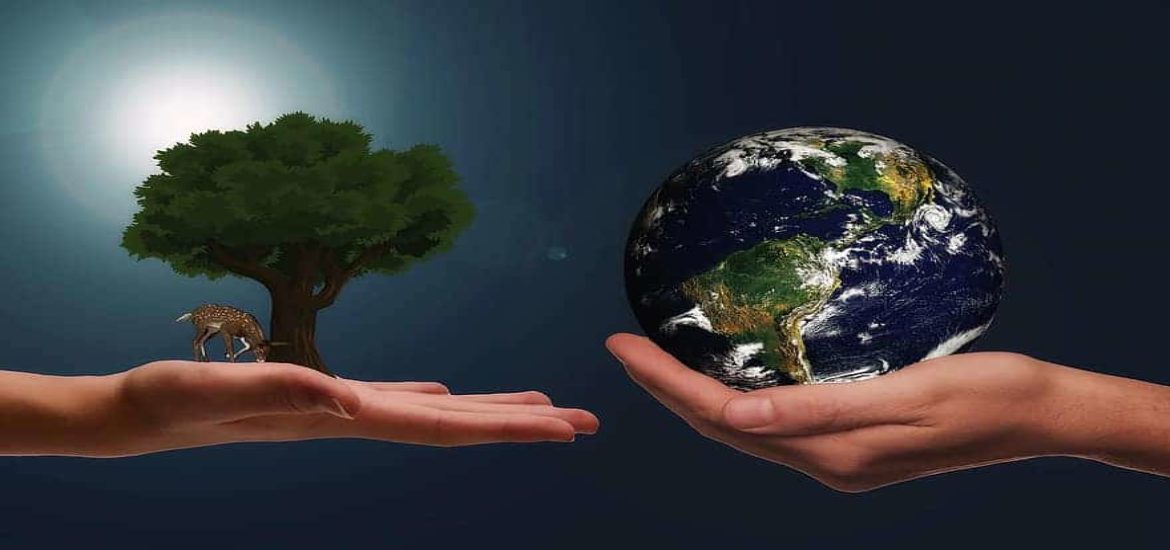
Photo: Via Sustainability Times
Nature to Heal the World
Yes, its true: We can heal ourselves, we can build a better world if we set our mind to it,
if we let nature to be our wise teacher and the source of our inspiration
On the 250th Birthday of William Wordsworth Let Nature be our Wisest Teacher
Together, We Hold the Future in Our Hands
We must not fail our children and grandchildren. We must do the right thing. We must save the web of life
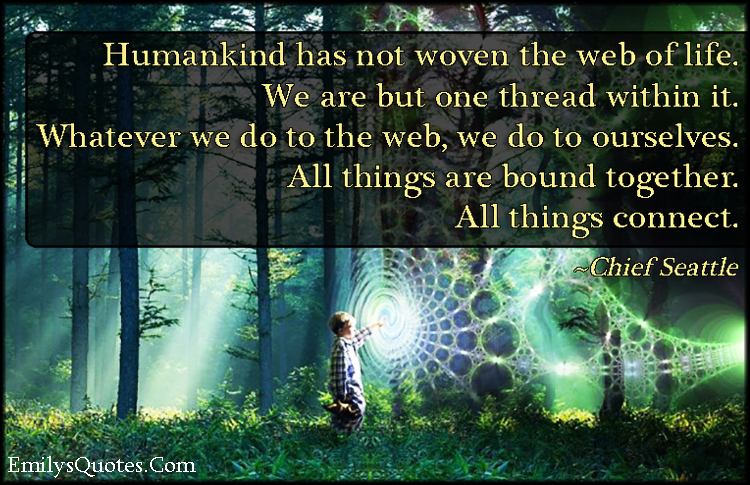
Nature the Best Teacher: Re-Connecting the World’s Children with Nature
‘Nature and Me’: Realigning and Reconnecting with Mother Nature’s Wisdom- A Five Part Guide
Live Like a Bird: Philosophical and Wise
'Be in love with life and the living and the world will be a better place.'- Kamran Mofid
Roses The Symbol of Love and Beauty
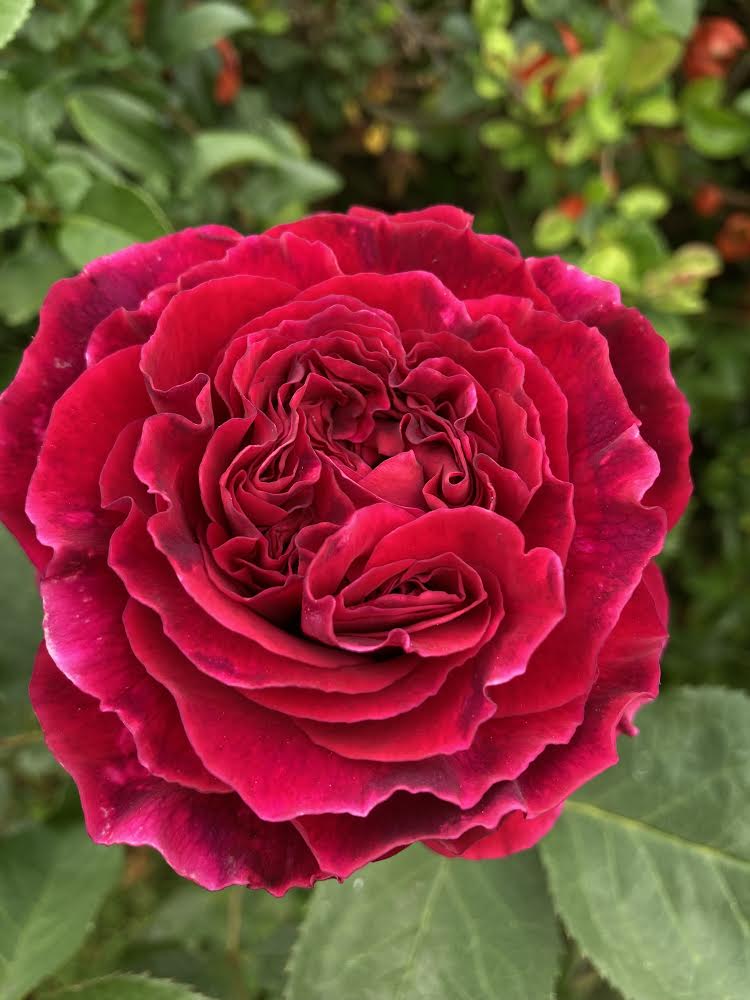
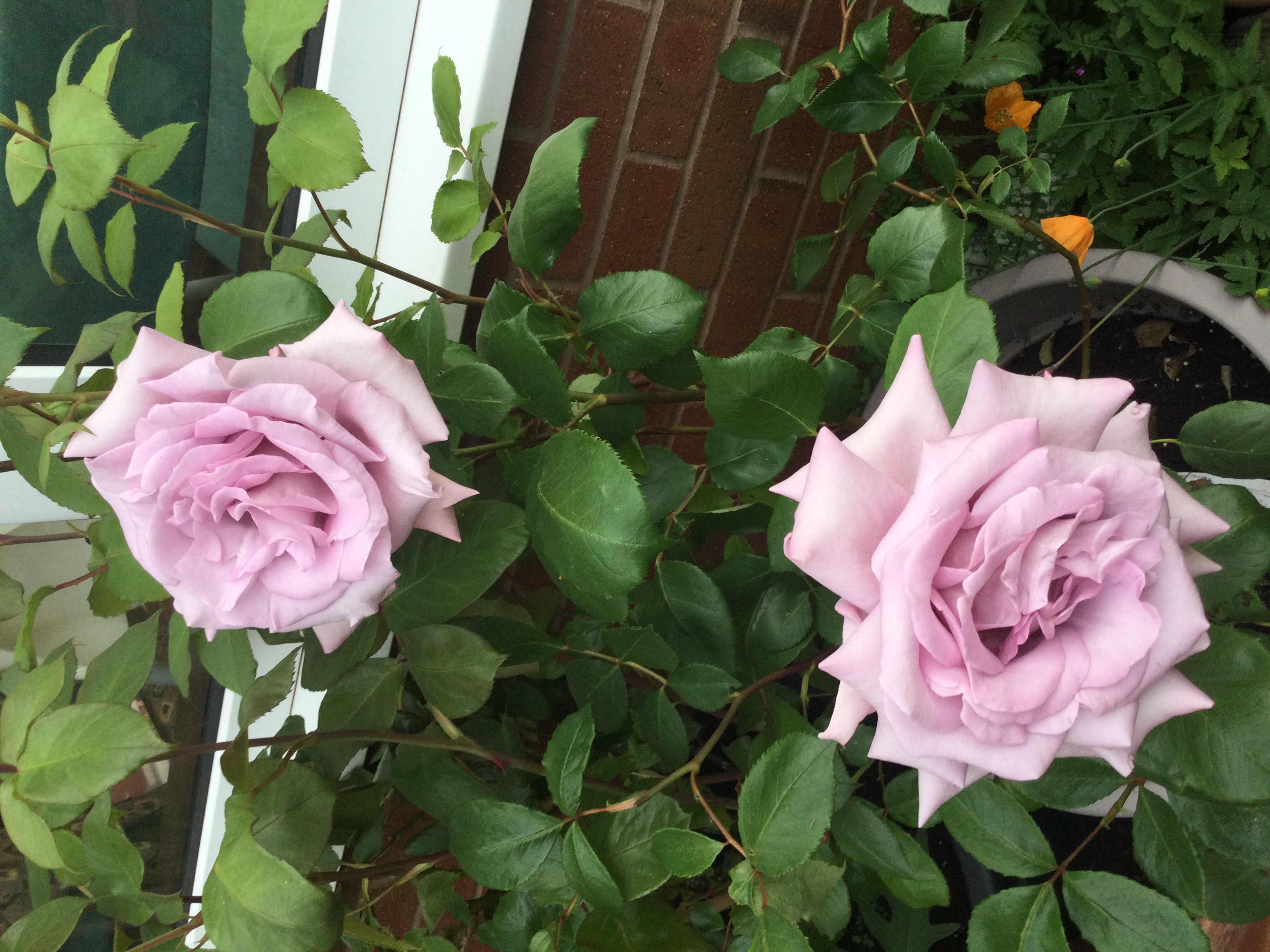
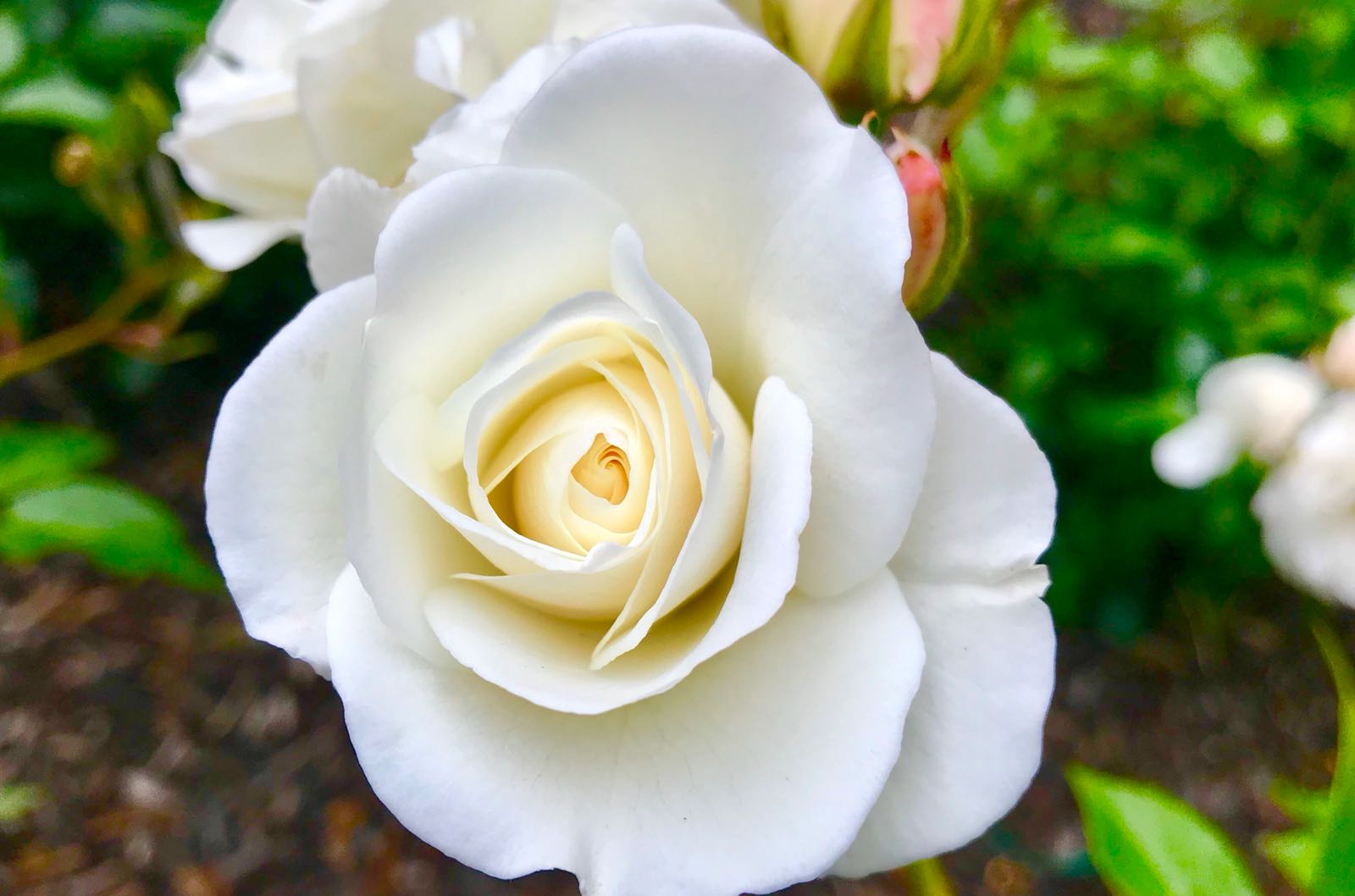
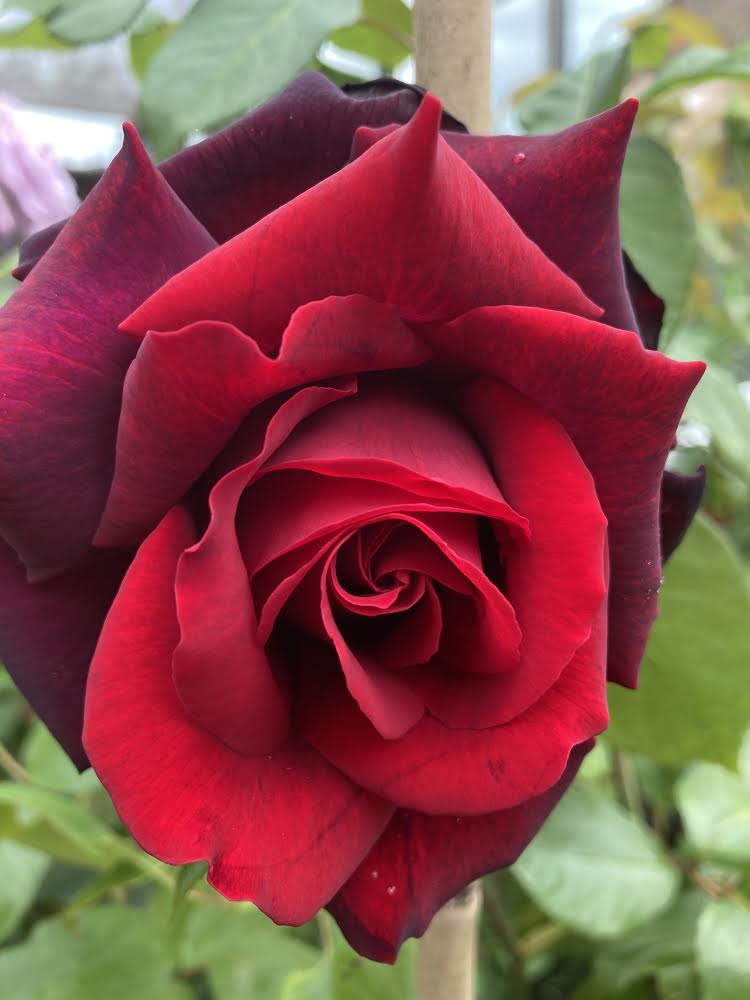
Photo Credit: Kamran Mofid, Roses from our garden, Coventry, July 2021
